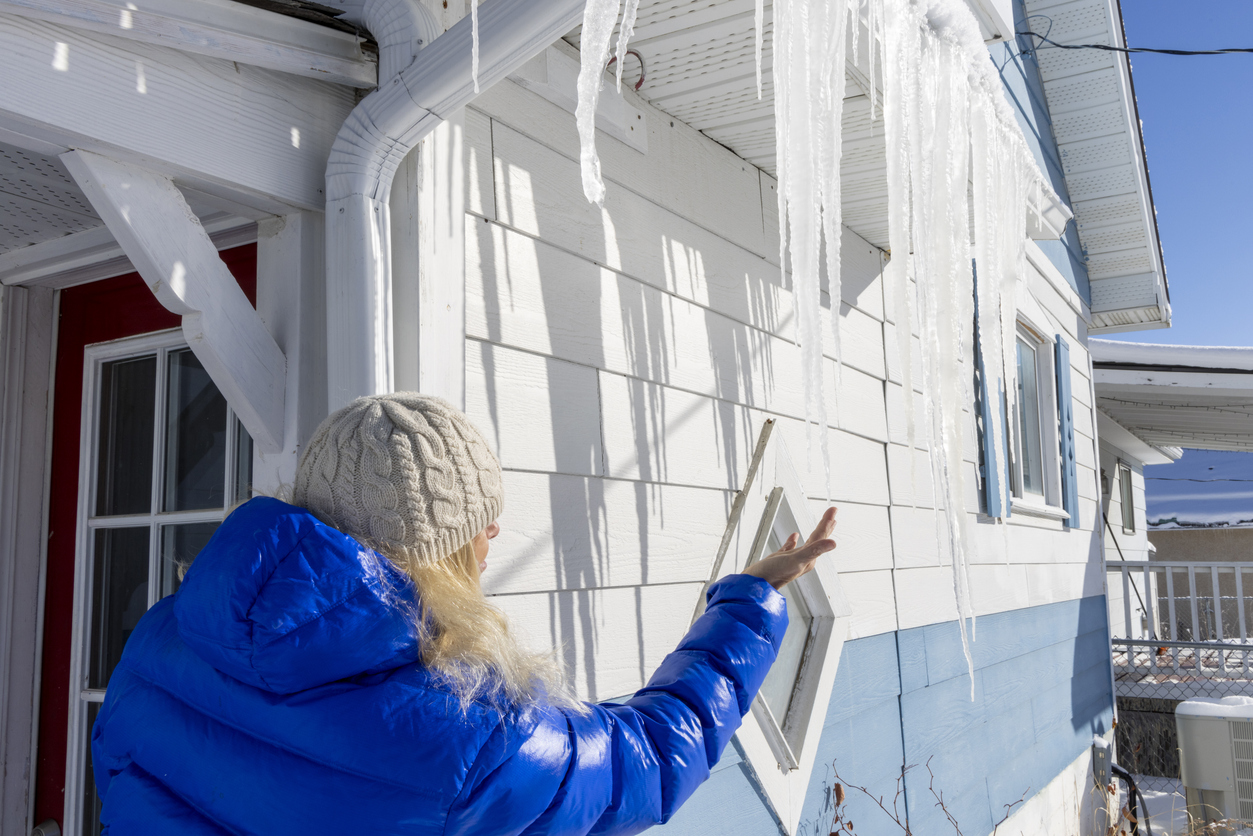We are often asked by policyholders and public adjusters whether bad faith damages are recoverable against an insurance company in a particular state and what an insured must prove. Our blog has many articles related to this topic. Today I will address insurance bad faith in South Carolina.
The elements of an action for breach of the covenant of good faith and fair dealing (i.e., bad faith) in an insurance contract are: (1) the existence of a mutually binding contract of insurance between plaintiff and defendant; (2) a refusal by an insurer to pay benefits due under the contract; (3) resulting from the insurer’s bad faith or unreasonable action in breach of an implied covenant of good faith and fair dealing in the contract; and (4) that causes damage to the insured.1
Under South Carolina law, an insurer cannot be liable for bad-faith refusal to pay proceeds due under an insurance agreement if there exists an objectively reasonable basis for denying the insured’s claim, and whether such an objectively reasonable basis for denial exists depends on circumstances existing at time of denial.2
In South Carolina, bad faith actions can proceed at the same time as a breach of contract, however they can also be brought as a separate action. The breach of an express contractual provision is not “a prerequisite to bringing [a bad faith] action.”3
Stay tuned for additional blogs on this topic. Next time, I will discuss the damages available for an insurance bad faith claim in South Carolina.
____________
1 State Farm Fire & Cas. Co. v. Barton, 897 F.2d 729 (4th Cir. 1990); see also Cock-N-‐Bull Steak House, Inc. v. Generali Ins. Co., 466 S.E.2d 727, 730 (S.C. 1996).
2 Tadlock Painting Co. v. Maryland Cas. Co., 473 S.E.2d 52, 55 (S.C. 1996).
3 Gaskins v. Southern Farm Bureau Cas. Ins. Co., 343 S.C. 666, 541 S.E.2d 269 (Ct. App. 2000); 11 S.C. Jur. Damages § 48



